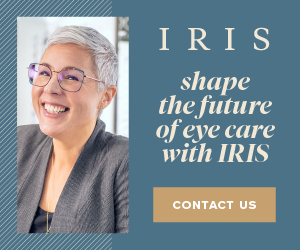
We live in a time of rapid change and dislocation that rivals any period in recent history.
Change is Everywhere and Accelerating, but…
Anarchists right and left want to dismantle something that has proven to work—flaws and all. The U.S. is in a state of flux politically with sweeping implications.
The pandemic has wreaked havoc globally. Big Tech companies provide many platforms where people can publish both their best and worst thoughts and actions—AND allows for the promotion or demotion of a current demagogue seemingly at will.
Businesses have been dismantled, diminished and destroyed by events beyond their control.
Big and corporate for some of us means better and necessary, while others lament over what happens to small, local businesses and entrepreneurs with long standing, often family-based, individualized values.
What is fair for the individual health care practitioner who wishes to continue the tradition established by sole practitioners over many years of personalized care centering on the aforementioned individualized service and care model?
Is Growth the Only Measure of Success?
Many professionals do not want to go the “corporate” route and watch their creation absorbed by a larger entity that pays no homage to tradition.
The value of passing the torch to a like-minded “pro” who may take care and service to a higher-level building on the sweat equity of the former doctor. This does and can happen.
Many economic gurus are now challenging the wisdom of never-ending growth as a measure of success. We all know that bigger is not always better—that many things get lost in this process.
Where to Draw the Line?
Practitioners accept that there is a time when “enough is enough”.
A time to “stick to your knitting” and perfect what you do best and measure success not just in the financial rewards but also in the smiles and gratitude of your clients/patients.
This means that your goals shift from money to professional competency and increased health care achievement—something you set out to achieve all those years ago in the midst and miracle of your training to do so.
There is an alternative to the corporatization of healthcare providers and suppliers.
History has proven this and will continue to do so.

JACKIE JOACHIM
Jackie has 30 years of experience in the industry as a former banker and now the Chief Operating Officer of ROI Corporation. Please contact her at Jackie.joachim@roicorp.com or 1-844-764-2020.




















